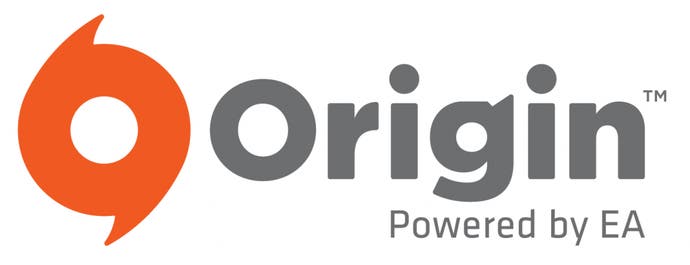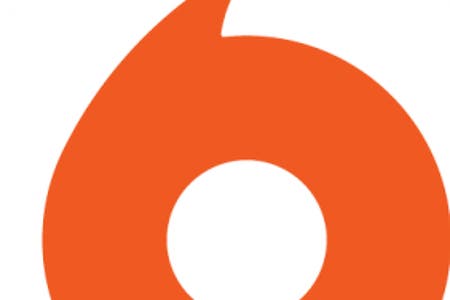EA: Origin won't copy Steam 75% off sales
"It cheapens intellectual property."

Digital sales platform Steam has a reputation for its 75 per cent sales - and many gamers love them. But for rival Origin and its maker EA, that's not the right approach.
Origin boss David DeMartini told Gamesindustry International that random deep-discounting of games "cheapens" IP, and promised not to copy the practice.
"We won't be doing that," he said, bluntly. "Obviously they think it's the right thing to do after a certain amount of time. I just think it cheapens your intellectual property.
"I know both sides of it, I understand it. If you want to sell a whole bunch of units, that is certainly a way to do that, to sell a whole bunch of stuff at a low price. The game makers work incredibly hard to make this intellectual property, and we're not trying to be Target. We're trying to be Nordstrom.
"When I say that, I mean good value, we're trying to give you a fair price point, and occasionally there will be things that are on sale you could look for a discount, just don't look for 75 per cent off going-out-of-business sales."
Origin is now the number two direct to consumer game service with over 11 million registered users, having launched a year ago. It is second only to Steam, which has some 40 million accounts.
A year into its life, Origin has generated $150 million in revenue, fuelled by the launch of Mass Effect 3, Battlefield 3 and Star Wars: The Old Republic. Indeed full game downloads were up 76 per cent year on year.
But it has been the subject of much debate among PC gamers who have seen EA titles removed from Steam as the battle between the two platforms has played out.
In April Valve boss Gabe Newell said Origin still had a long way to go before it could boast that it properly satisfies its customers.
"They have a lot of work to do to get to where they need to be and where I as a customer would want them to be," he said. "I don't think they're doing anything super-well yet.
"They have a bunch of smart people working on it but I think they're still playing catch up to a lot of people who have been working in the space for a while. I think they're recognising what the challenges are with building and scaling out this kind of system."
One criticism some have labelled at Steam is that its heavy discounts damage video game brands because gamers hold off on buying new releases at launch in anticipation of a future sale.
DeMartini agreed with this position: "What Steam does might be teaching the customer, 'I might not want it in the first month, but if I look at it in four or five months, I'll get one of those weekend sales and I'll buy it at that time at 75 per cent off.'
"It's an approach, and I'm not going to say it's not working for Valve. It certainly works for Valve; I don't know if it works as well for the publishing partners who take on the majority of that haircut."
Newell has is in the past defended the practice, insisting it has no negative impact on sales in other channels.
"Actually, Gabe will usually say it improves sales in other channels because if the game is good there are some water-cooler moments and it has a spring-up effect," DeMartini said.
"Without revealing too much, what I'll say is one way to deal with ageing inventory is you do deep discounts like that. There are other ways, which I can't really talk about, of dealing with product as it ages over a period of time, where you present a value to the customer and you engage them in your service on a going-forward basis."
DeMartini teased an alternative to Steam discounts will come to Origin, but stopped short of revealing what it is. "We don't believe in the drop-it-down, spring-it-up, 75 per cent off approach, but we've got something else that we do believe in that we'll be rolling out," he said.

